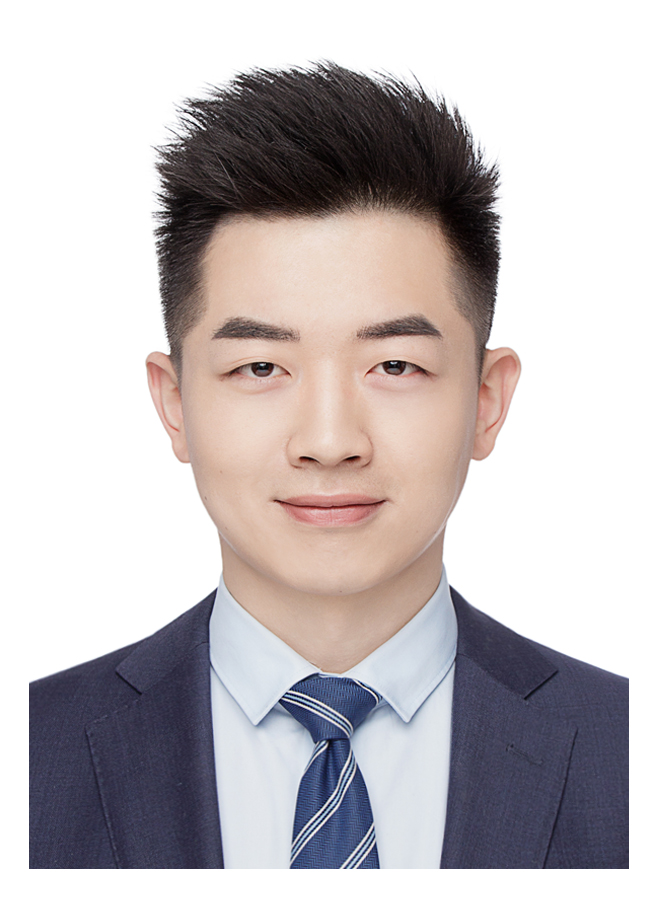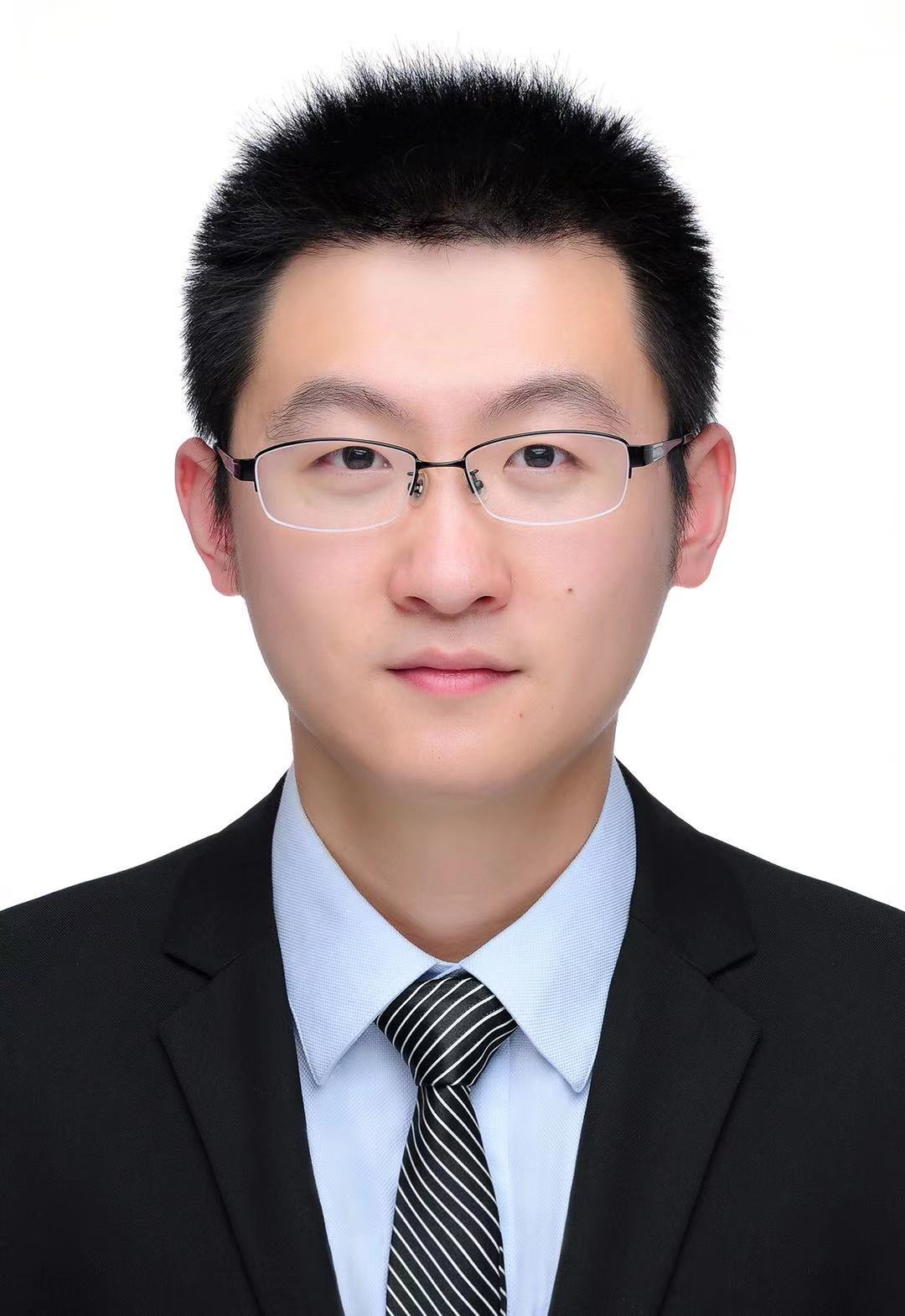“SOIL”107nd Fourm:The Future and Challenges of the Automotive Industry
Time:2024-03-29 Publisher:MBA Office
On March 29, 2024, the China Leaders for Global Operations (CLGO) program of Antai College of Economics & Management (ACEM) at Shanghai Jiao Tong University (SJTU), in collaboration with the Automotive Industry Committee of the SJTU Antai MBA program, successfully hosted the 107th SOIL Forum. The forum, themed "The Future and Challenges of the Automotive Industry," brought together over thirty industry leaders and experts to discuss the latest developments and challenges facing the automotive industry with students.
i) Guest Introduction
Yufeng CaoAcademic Director of the China Leaders for Global Operations (CLGO) program at Antai College of Economics & Management, SJTU Associate Professor of the Department of Management Science
Yuan Zheng
General Manager/Architect of Shanghai iCar Technology Co., Ltd.
Special Consultant at Shanghai Intelligent Manufacturing Research Institute
Secretary-General of the Antai Automotive Committee
Class of 2018 ACEM MBA Alumnus
Li Yu
16 years of global procurement and supply chain management experience in the automotive industry
Former roles at Webasto and Remy International
Class of 2008 ACEM MBA Alumnus
Lin Du
Former General Manager of Sales and Marketing at Tyco and Aptiv
General Manager of European Operations at Futech Technology
Luise Zheng
Founder of J.F. Vision Executive Search Firm
Class of 2008 ACEM MBA Alumna
ii)Opening Remarks
The forum began with an enthusiastic speech by Professor Yufeng Cao, who emphasized the importance of engaging with industry experts and encouraged the students to seize this valuable learning opportunity, interact actively, and gain a deep understanding of industry dynamics. Professor Cao's words not only set the tone for the forum but also guided the students in their pursuit of knowledge.
Following Professor Cao, Professor Jian Su reviewed the history and development of the SOIL Forum and the Automotive Committee, congratulated the success of previous forums, and extended sincere gratitude to the guests of the current forum.
Secretary-General Yuan Zheng of the Automotive Committee also expressed his appreciation for the SJTU SOIL Forum and anticipated insightful sharing from the participants.
1. Li Yu: Policy Barriers in Europe and the U.S. for China's Automotive Industry Going Global
Mr. Li Yu's presentation focused on the policy barriers faced by China's automotive industry in its international expansion, particularly in Europe and the U.S. He began by outlining the current state of China's automotive supply chain expansion and analyzed the attitudes and policy changes in European and American markets towards Chinese automotive products. Using detailed data and case studies, Mr. Li illustrated the strategies adopted by Chinese automotive companies for international market penetration, including building factories overseas, mergers and acquisitions, and local assembly.
In response to the increasingly stringent policy barriers in Europe and the U.S., Mr. Li proposed multi-dimensional strategies: companies should diversify their market presence, not only focusing on Europe and the U.S. but also exploring emerging markets such as Southeast Asia and the Middle East. He also emphasized the need for stronger collaboration with local supply chains to create localized ecosystems and enhance competitiveness through technological innovation and product advantages. Additionally, he highlighted the importance of corporate culture and organizational structure design, suggesting that companies continuously adjust and optimize to meet the demands of different markets.
2. Lin Du: Strategies and Challenges for Automotive Parts Going Global
Mr. Lin Du's speech began with his personal experiences, sharing valuable insights from his phases of international localization and local internationalization. He stressed that with the global automotive market's transformation, particularly the rapid development of the new energy vehicle sector, Chinese automotive parts companies are facing unprecedented opportunities for international expansion. He provided a detailed analysis of the trends in major global automotive markets, highlighting the rapid growth in new energy vehicle sales in China, the EU, and North America, and predicting that this trend will continue until 2030.
Discussing the modes and challenges of "going global," Mr. Lin raised a series of specific issues and solutions. He pointed out the risks, management difficulties, cultural differences, and resilience challenges that companies need to face during international expansion and offered corresponding strategies. For instance, companies need to have an in-depth understanding of local policies and markets, along with agile learning and cultural adaptation capabilities. He encouraged companies to start by changing themselves, breaking conventional thinking patterns, and enhancing their international competitiveness.
3. Luise Zheng: Talent Strategies and Cultural Integration for International Expansion
Luise Zheng's presentation focused on the talent challenges faced by Chinese automotive companies during their international expansion. As an experienced executive search and HR expert, Ms. Zheng delved into the importance of localized management, including understanding and respecting local labor laws, contract policies, and managing racial, belief, and cultural differences.
She proposed strategies for international talent reserves, suggesting that companies recruit according to hierarchical structures and gradually increase the proportion of local employees. Ms. Zheng also emphasized cultural integration strategies, advocating for companies to respect local cultures while gradually introducing Chinese characteristics. She recommended appointing local managers and improving remote work processes to foster team collaboration and communication across different cultural backgrounds.
Ms. Zheng's presentation not only provided practical talent management and cultural integration strategies for companies but also offered valuable career development advice for students. She encouraged those with multinational company backgrounds to leverage their cross-cultural work skills and urged those from private companies to seek international opportunities and experience different professional environments. Through her sharing, we witnessed the emphasis and cultivation of talent in the global expansion of Chinese automotive companies, as well as their inclusiveness and respect for cultural diversity.
iii)Conclusion
As the forum concluded, we were left with a sense of anticipation and reflection on the future of the automotive industry. In the context of globalization, the "going global" journey of China's automotive industry, though fraught with challenges, is also filled with limitless possibilities. As demonstrated by this forum, whether in technological innovation, market expansion, or talent cultivation, China's automotive industry exhibits remarkable vitality and adaptability.
This forum was not only a feast of knowledge but also a collision of ideas. It made us realize that in this rapidly changing era, continuous learning and innovation are essential to remain competitive in the global market. Let us join hands to promote the prosperity and development of China's automotive industry and strive tirelessly towards the dream of becoming an automotive powerhouse.
We extend our heartfelt gratitude to all the guests, students, and staff who participated in this forum. Thank you for your sharing, participation, and efforts, which made this forum an unforgettable experience. We look forward to our next gathering, where we will explore new developments and opportunities in the automotive industry together.

